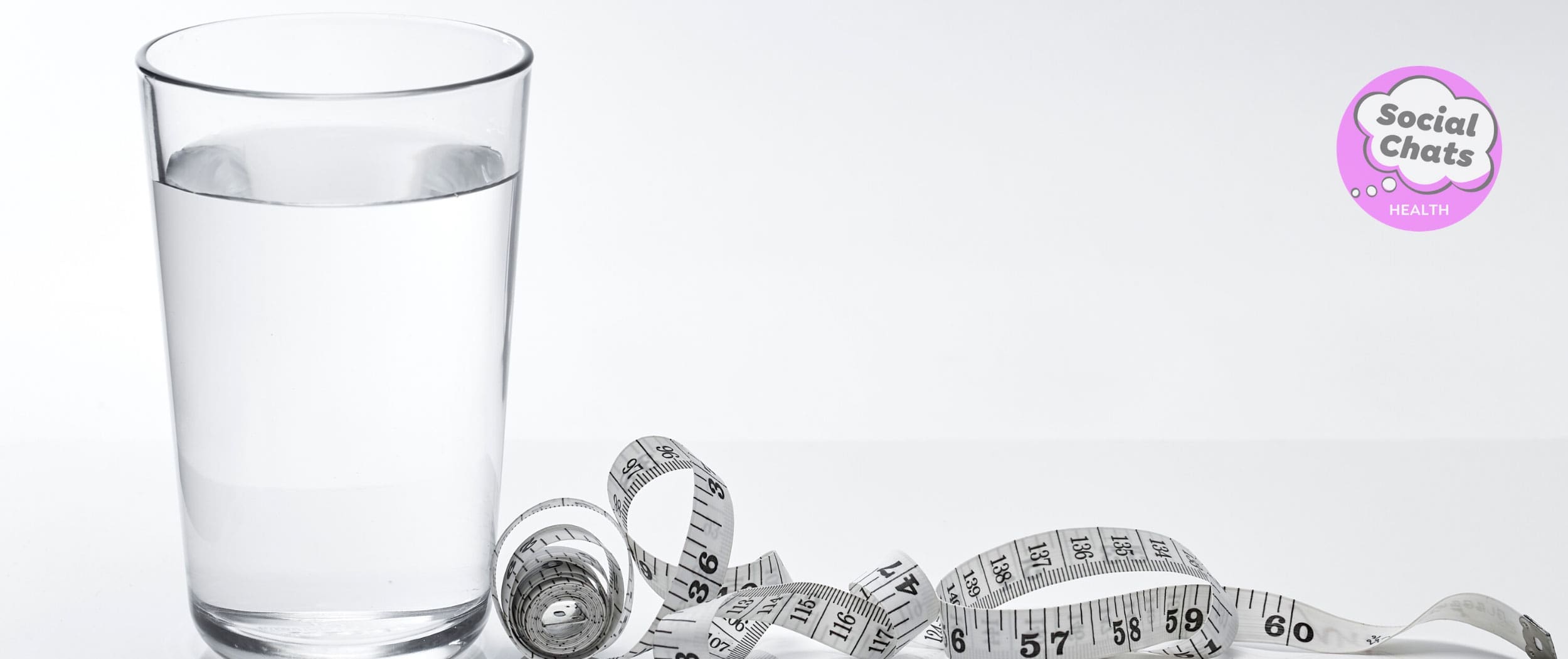

What is typically associated with spiritual or religious practices in many cultures has now entered the health and wellness arena alongside self-care enthusiasts and yogis. Water fasting is exactly what it sounds like— limiting consumption to water exclusively for an extended time.
This period can last as long as 24 hours or up to three days (Sissons, 2018).
Fasting has proven to provide certain health benefits and reduce certain risks of cancer and other diseases like diabetes.
As with any major change to diet, it is important to discuss this decision with a healthcare professional before doing it.
Water fasting isn’t necessarily for everyone. People who should avoid water fasting are those who have currently or in the past struggled with an eating disorder (Sissons, 2018).
Those who are underweight as fasting will cause the body to utilize stored fats. This can pose a dangerous risk to those who don’t have excess fats stored. If you are pregnant or breastfeeding, it isn’t recommended that you fast. Remember creating life causes expected and temporary bodily changes that are necessary for providing life. People who already have type one diabetes, unpredictable migraines, taking prescription medication, or undergoing procedures such as a blood transfusion; should not attempt water fasting. Common sense can save your life, exercise your mind and body in the more traditional sense.
Reference: Sissons, C. (2018, March 20). All you need to know about water fasting. Retrieved June 10, 2020, from https://www.medicalnewstoday.com/articles/319835#tips
WRITTEN BY
Social Chats
Social Chats is a multimedia and entertainment company. It’s a division of kNOw Aging, inc. a communications consultancy.









